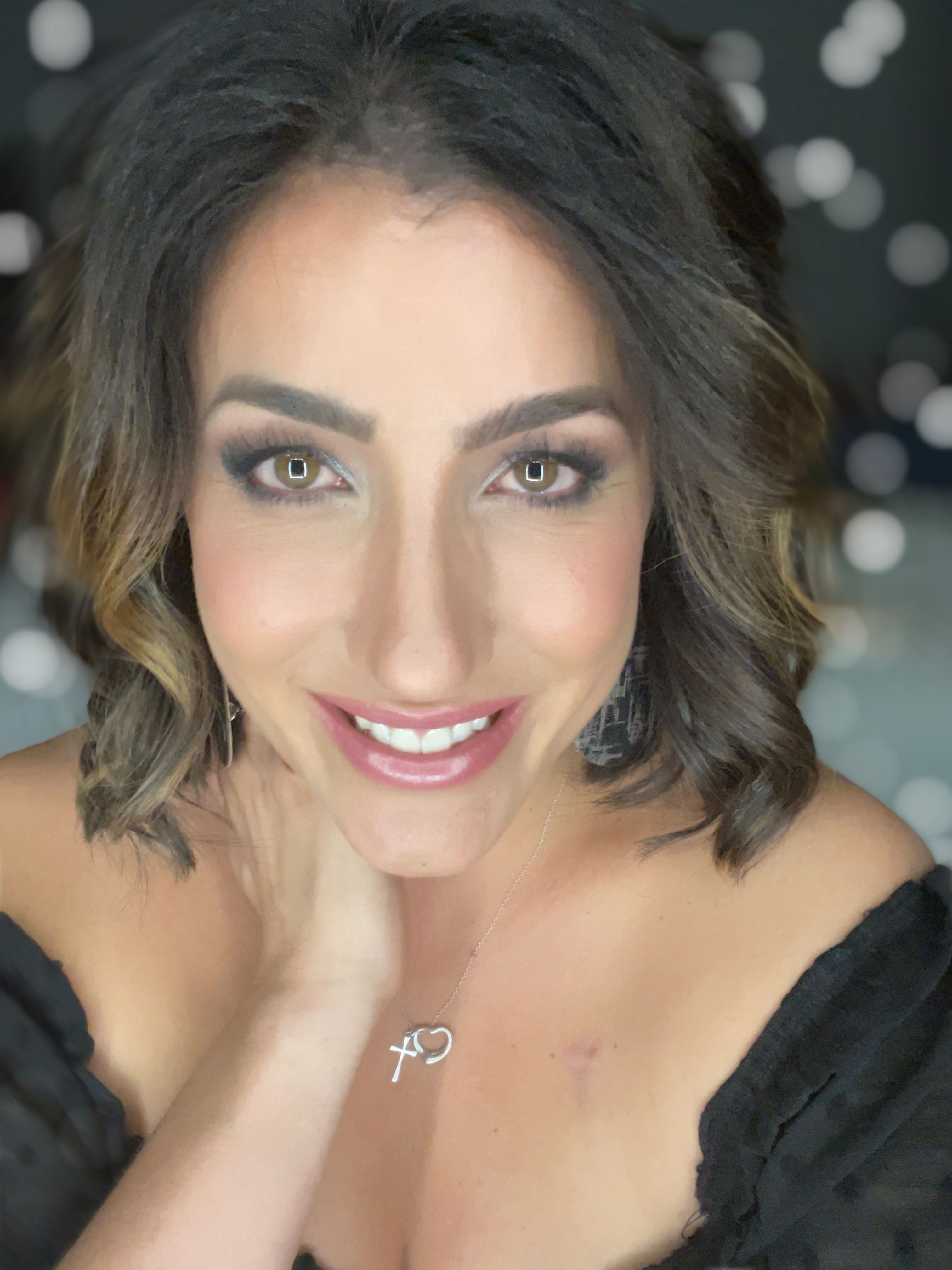
Spare Me the Stories of Cancer Death and Destruction

When trying to relate to a cancer survivor, do not tell them how someone else died of the disease, writes Michelle Velez.
The other day, someone close to me started to tell me about someone they know who is dying of colon cancer. I asked them to please stop, and they didn't really understand why it was so hard for me to hear about it. I tried explaining that even now, two years after recovering and surviving my own cancer diagnosis, hearing about other people dying from the disease is really hard. The truth is, I just don't want to know about it.
When I was first diagnosed, I was shocked by how many people tried to connect with me by telling me about someone they know who died from cancer. Two days after my diagnosis, I was in the hospital being prepped for a brain scan, and my nurse, of all people, started to tell me about how her father-in-law died within months of being diagnosed. Then during my scan, another nurse was telling me about her aunt who had been ravaged by the chemo. By the time I was wheeled back onto my room, I was in full on panic mode and had to have an emergency call with my doctor.
These horrible stories with the worst outcomes possible was absolutely the last thing I needed to hear in that moment. To this day, I still do not understand why anyone would think telling someone with cancer about people they know who died from cancer is helpful. The only reason I can think of is that people try to find a way to be relatable by sharing their own experience. I try to keep that in mind, but the truth is that hearing about it is awful. Unless the person you know with cancer had a miraculous recovery and is alive and well, I do not want to know about it.
The only thing that brought me comfort during my difficult diagnosis and treatment was hearing about other people who had beat the disease. In fact, those stories were my lifeline. I held onto those stories with everything I had because those stories gave me hope. It was truly the only thing that got me through.
If you want to be relatable for someone going through cancer, instead of sharing all the details of your own experience, just say, "I went through this with my grandmother and I know how hard it is. I 'll be here for you no matter what." You can still get that point across without sharing the part about how your grandmother didn't survive.
Trust me, we don't want to know that part.
For more news on cancer updates, research and education, don’t forget to




